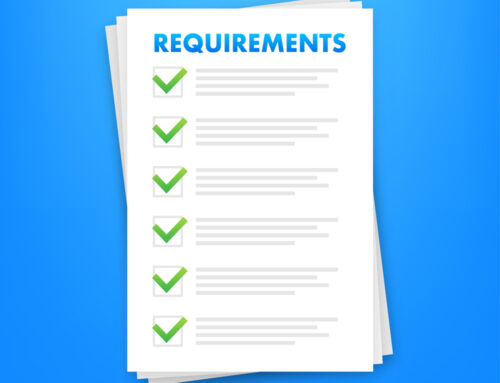For many students, one of the most dreaded parts of the college admissions process is taking college entrance exams. The ACT and SAT are the most popular such exams, and there is a great deal of hype around preparing for and taking these tests. Parents often spend hundreds or even thousands of dollars on classes or private tutoring to help their children get the best scores possible. Other families simply cannot afford the cost of test prep, so students are left to study on their own.
Some students find that no matter how much time they put into preparing for these tests, they just don’t do particularly well on them. These individuals might conclude that their chances of being admitted to college are slim. Fortunately, they would be wrong.
Every year, more and more colleges become “test-optional,” meaning that applicants do not have to submit test scores to be considered for admission. In fact, there are now over 900 colleges that are test-optional or test-flexible, which means that applicants can choose from a wider variety of scores to submit, such as AP or IB scores (including predicted IB scores) and SAT Subject Test scores. The full list of these colleges can be found at www.fairtest.org.
There are several reasons why colleges choose to become test-optional or test-flexible. One is that they recognize that test scores are not good predictors of college success. In fact, there have been numerous studies that have concluded a student’s high school transcript to be a much better predictor of his or her achievement in college. Another reason colleges eliminate testing requirements is that research has found the tests to be biased against certain groups of students. Finally, colleges understand that low-income students are at a disadvantage in taking college entrance exams because they are unable to pay for test prep like their higher-income peers.
You might assume that most of the colleges on the Fair Test list are very easy to get into, but you would be incorrect. The list includes such prestigious and highly selective institutions as Bowdoin College, Colorado College, New York University, Pitzer College, University of Rochester, and Wake Forest University. Additionally, there are several large public universities on the list, including Arizona State University, University of Kansas, University of Texas at Austin, and the colleges in the California State system.
Some of the aforementioned colleges require applicants to submit ACT or SAT scores if they don’t have a minimum GPA and/or class rank; others are test-flexible, which was previously explained. Before you apply, check with each individual school to find out its requirements.
In addition to the colleges on the Fair Test list, the majority of community colleges do not require test scores. For more on the pros and cons of community colleges, see this blog post.
Bottom line: with so many test-optional schools to choose from, even the poorest test-taker still has plenty of opportunities to go to college.







[…] Chicago made headlines by announcing its decision to become test-optional. As explained in this blog post, a college that is test-optional does not require its applicants to submit ACT or SAT scores. […]